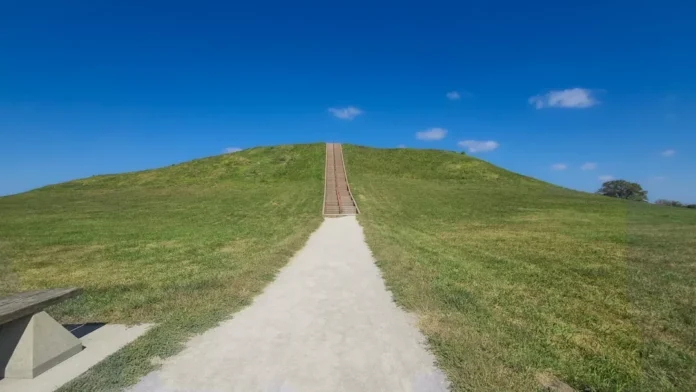Forming journalists is a crucial task in today’s society, where the media plays a fundamental role in informing and shaping public opinion. In order to create a new generation of competent and ethical journalists, it is necessary to provide them with the necessary tools and skills to navigate the complex world of news reporting. This is where the workshop on investigative journalism, organized by Claudio La Camera, comes into play.
Claudio La Camera, a renowned journalist and expert in investigative reporting, has been conducting workshops on journalism for several years now. His latest workshop, titled “‘Ndrangheta stereotypes and reality”, focused on the notorious Italian mafia organization and aimed to debunk common misconceptions and highlight the real issues surrounding it. The workshop was attended by aspiring journalists from various universities and media outlets, all eager to learn from the experience and expertise of Claudio La Camera.
One of the main objectives of the workshop was to break the stereotypes and myths surrounding the ‘Ndrangheta, which often overshadow the real problems and issues related to this criminal organization. Through in-depth research and analysis, Claudio La Camera presented a more accurate and nuanced picture of the ‘Ndrangheta, shedding light on its structure, operations, and impact on society.
The workshop also focused on the role of journalists in reporting on organized crime. Claudio La Camera emphasized the importance of ethical and responsible reporting, especially when dealing with sensitive and dangerous topics like the ‘Ndrangheta. He stressed the need for thorough fact-checking and verification of sources, as well as the importance of protecting the safety and anonymity of sources.
One of the highlights of the workshop was the case study of an ongoing investigation into the ‘Ndrangheta. Claudio La Camera, who is also an investigative journalist himself, shared his experience of being involved in the case as a reporter. He discussed the challenges and obstacles faced by journalists in reporting on such cases, including threats and intimidation from the mafia. However, he also highlighted the importance of perseverance and determination in uncovering the truth and bringing it to light.
The workshop also included practical exercises and simulations, where the participants were given the opportunity to put their newly acquired skills into practice. They were tasked with investigating a hypothetical case of ‘Ndrangheta involvement in a local business, using the techniques and methods taught by Claudio La Camera. This hands-on experience was invaluable for the participants, as it allowed them to apply their knowledge in a real-life scenario.
One of the participants, a journalism student from a local university, shared her experience of the workshop. She said, “I have always been interested in investigative journalism, but I never had the opportunity to learn from someone like Claudio La Camera. This workshop has not only provided me with the necessary skills and knowledge, but it has also motivated me to pursue a career in investigative reporting.”
The workshop also received praise from the media community, with many journalists and media outlets recognizing the importance of such initiatives in forming competent and ethical journalists. The workshop was also attended by representatives from various media organizations, who expressed their interest in collaborating with Claudio La Camera in future workshops and projects.
In conclusion, the workshop on investigative journalism organized by Claudio La Camera was a resounding success. It not only provided aspiring journalists with the necessary tools and skills to report on sensitive and complex issues, but it also highlighted the importance of responsible and ethical reporting. By breaking stereotypes and shedding light on the reality of the ‘Ndrangheta, this workshop has taken a step towards creating a more informed and responsible media landscape.

